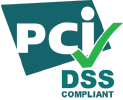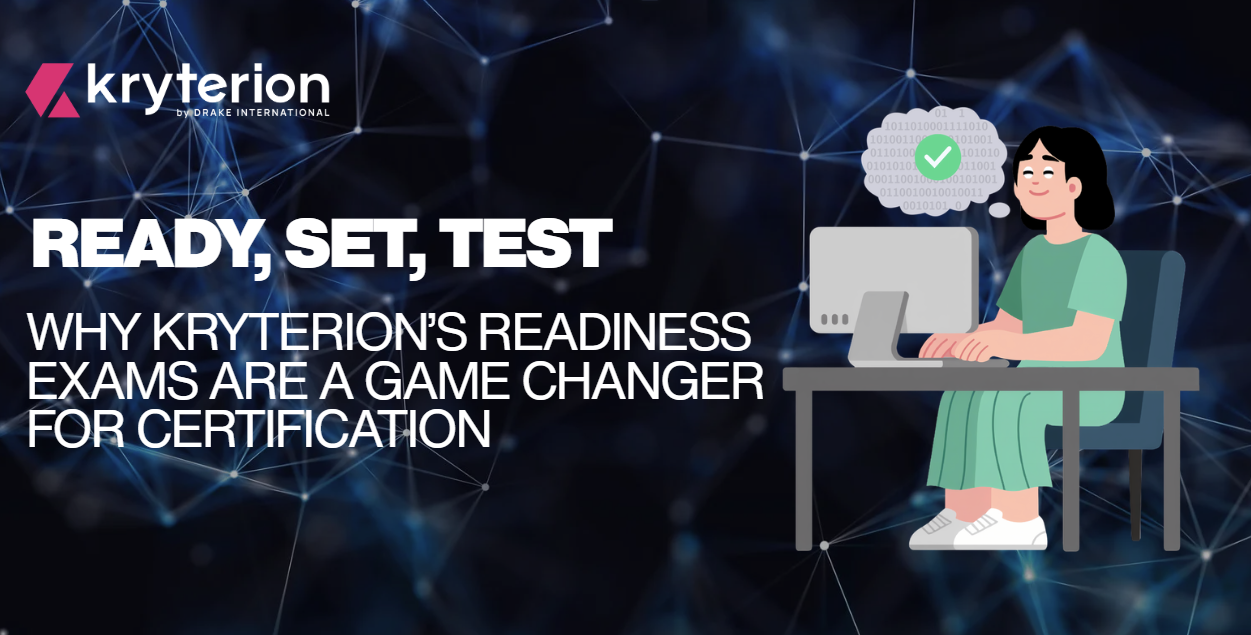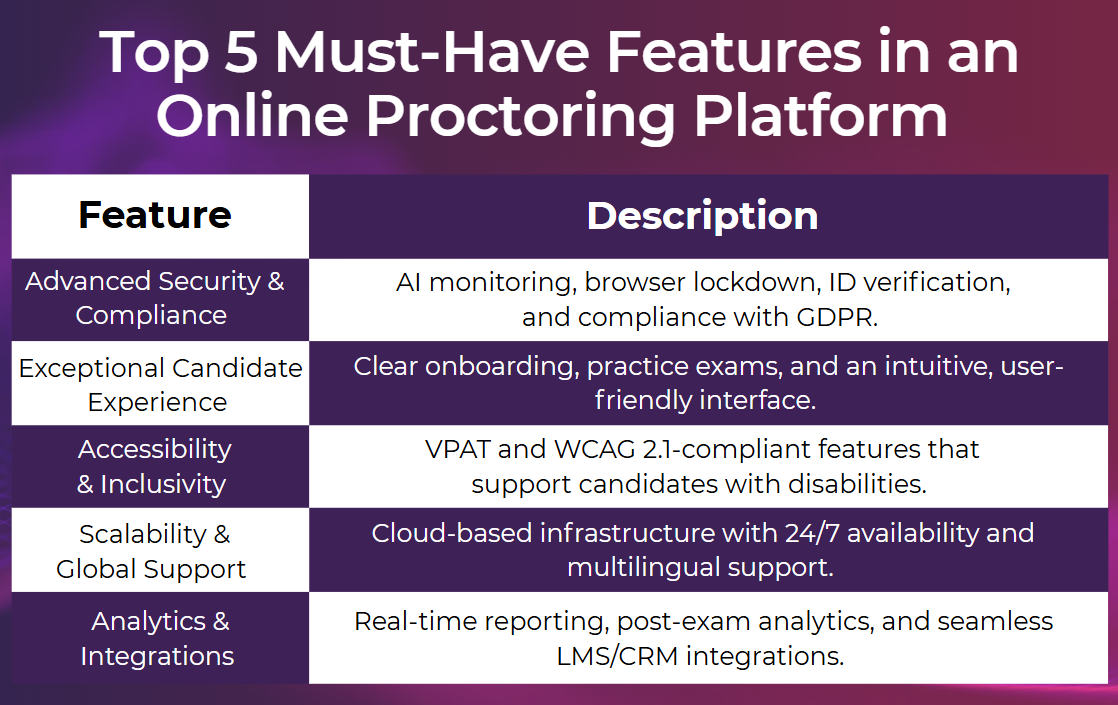- Solutions
Talk to an Expert
Our platform, solutions, and services are perfect for building modern credentialing programs. Let us help you get off to a flying start.
- Use Cases
Talk to an Expert
Our platform, solutions, and services are perfect for building modern credentialing programs. Let us help you get off to a flying start.
- Industries We Serve
- Our Partners
- Resources
Talk to an Expert
Our platform, solutions, and services are perfect for building modern credentialing programs. Let us help you get off to a flying start.
- Success Stories
- About Us










